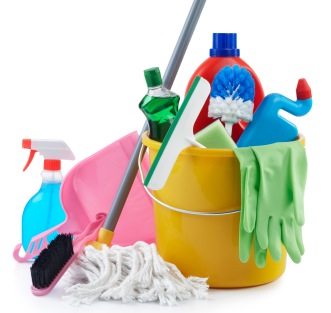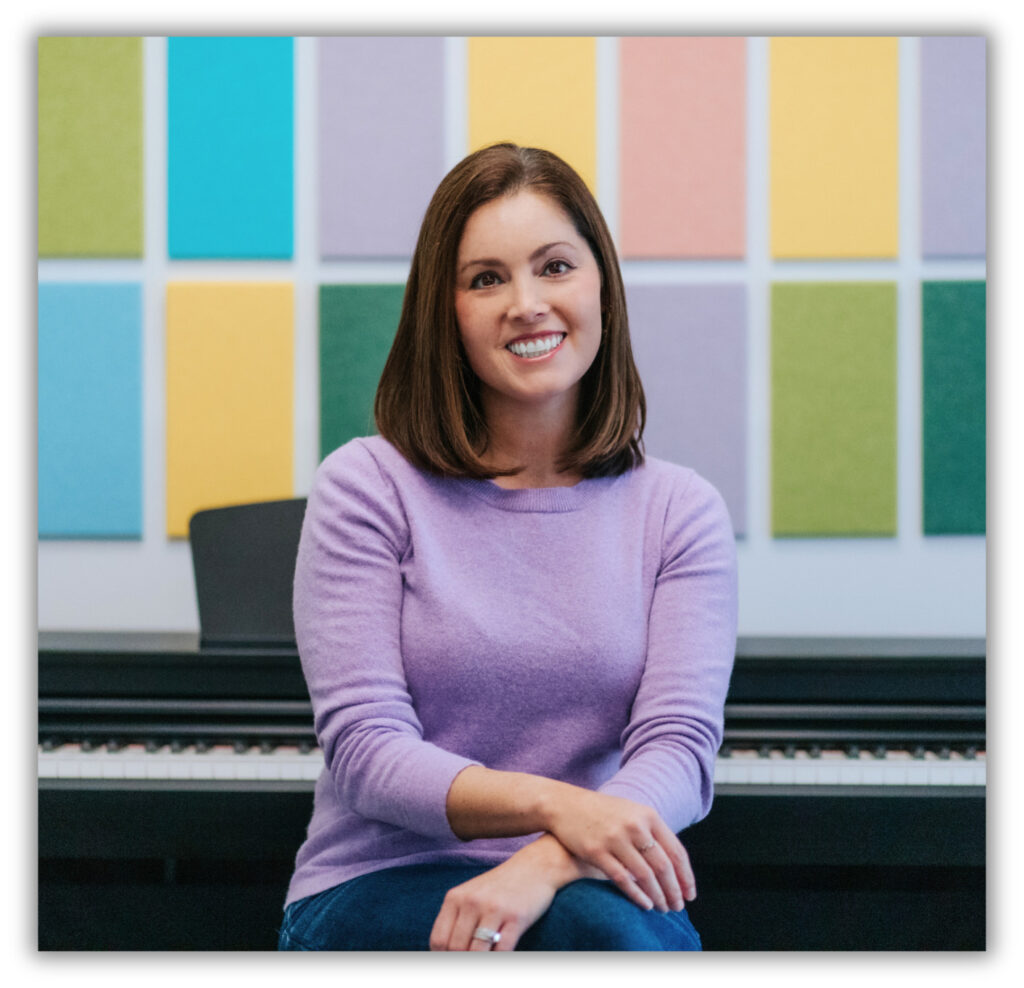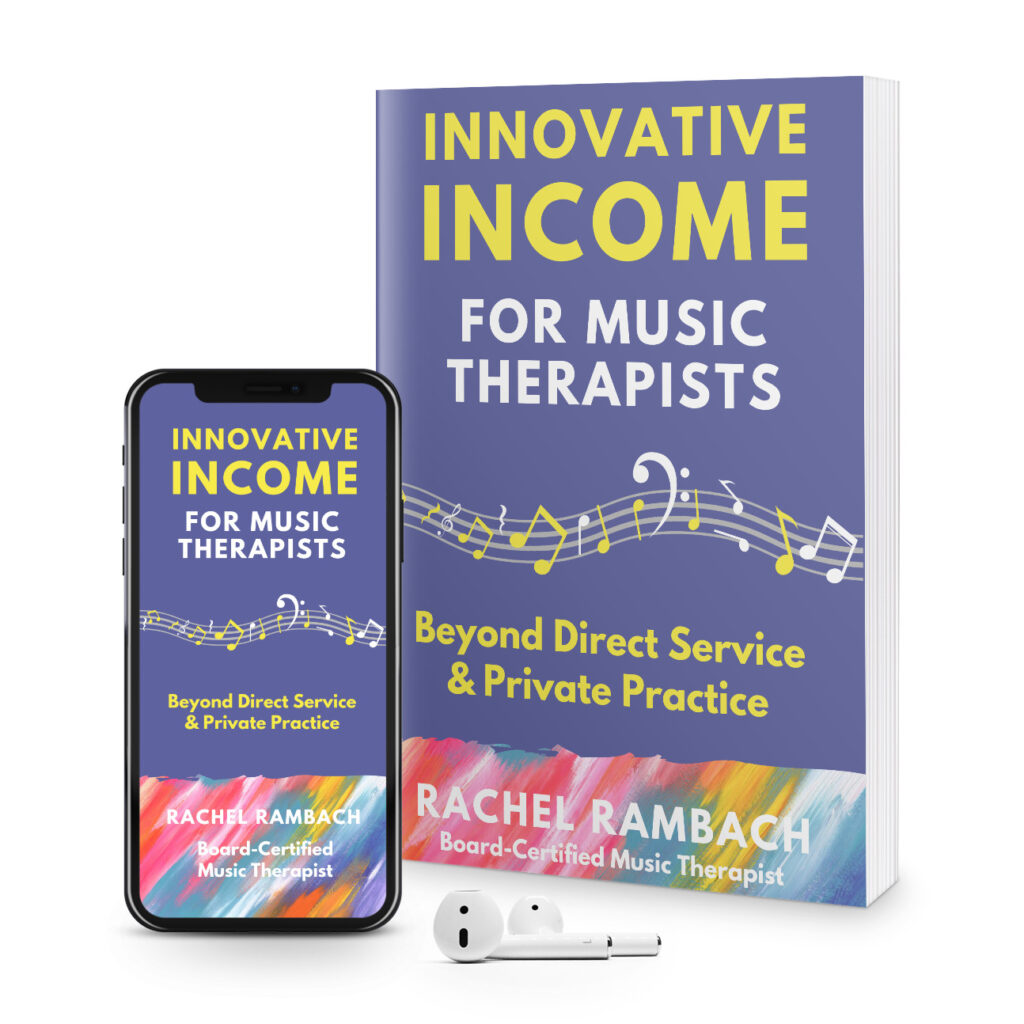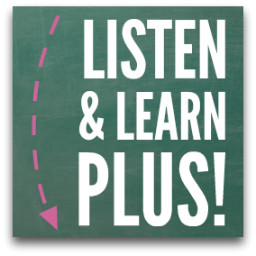The Ins & Outs of Running a Studio
Earlier this week, I received an email from a reader with a few questions regarding the business and practical aspects of running a music therapy and teaching studio.
Thank you for all you do for music therapy advocacy and encouraging music therapists with ideas. Your energy and ideas inspire me to be more creative in my own practice. I’ve been following your blog for about 6 months now and love it, especially for the practical ideas it gives me for interventions. I’m a music therapy contractor working with hospice patients and preschool children at this time. I have only contracted with facilities until now, at which point I have an opportunity to possibly be the music therapist at a new “alternative” music academy. My understanding is that it is geared toward adaptive music lessons for kids with special needs, and they also want music therapy to be offered.
She then proceeded to list her questions, which I answered at length via email. After all that typing, I decided that since I get these kind of questions so often, I’d just share my answers here on the blog. So here they are!
Should I bill each student and have them pay for the upcoming month at the beginning of the month, to reduce chronic late payers?
Honestly, I prefer weekly billing. My students’ parents know that I expect payment every week at the lesson or session, and if for some reason they forget, they just double up the following week or mail me a check. However, I’ve been using (and 100% recommend) the online studio management software Music Teacher’s Helper and this makes monthly billing a snap. You should also take into account whether or not you have time for make-up lessons and sessions; at this time, I do not, which is why I lean toward weekly billing.
What should the consequences be if a payment is late?
I currently do not have a late payment penalty in place. Maybe I’m lucky compared to most, but I almost never have to deal with late payments. I think this has to do with the fact that my students pay weekly. If you do choose to bill monthly and want to have a late payment penalty in place, you could decide on a flat fee or maybe charge the cost of a lesson.
What should the expectations be for behavior in the studio?
I make my expectations very clear in the form of a letter to families when they join my studio. I outline my policy for parking, entering (don’t knock or ring the doorbell, take your shoes off), and waiting (use the living room, you may watch tv, where the restroom is located), as well as how I expect students to behave in their lessons or sessions.
The #1 expectation is respect — not only of me, but of my instruments, equipment, and the studio as a whole. It’s important to establish this early on, and to enforce it regularly. I’m laid-back in many ways as a teacher and therapist, but not when it comes to the treatment of my materials and myself. I also have a NO WHINING/I CAN’T policy that is repeated far more frequently than I’d like :)
What forms should a parent/student sign?
At the start of the summer session (when I commonly take on new students in larger batches), I give out an annual survey to all of my existing students’ AND new students’ families. It asks for all the typical contact information, in addition to diagnosis (if applicable), current goals, expectations, concerns, allergies, and anything else I might need to know as an instructor and music therapist. This keeps me up to date with my current students, and helps me get to know the new ones.
Do you send students home with “practicing” homework each week?
For both my mainstream and adapted piano, voice and guitar students, I fill out an assignment sheet and progress note at each lesson so that the parents and students know what is expected at the next lesson. There is a space to log practice/work time, and both the parent and student sign it. I’ve been doing this for the past couple of years, but will be moving to an electronic system (again, using Music Teacher’s Helper) this summer.
If so, what do you assign?
My students work out of a combination of method books, worksheets, sheet music, and other materials that I provide. I have each of them bring a 3-ring binder to their lessons every week, and that is where we keep their loose papers, progress notes, assignment sheets, and monthly calendars.
Assignments usually include whichever piece(s) of music they are currently working on, a written assignment from their theory book, and sometimes memorization work (i.e. scales, chords, reading notes on the staff).
Please note that the above applies to students who take mainstream and adapted lessons. In most cases, I don’t assign take-home work to my music therapy students, though I do send them home with CDs and materials from our sessions to supplement our work together.
How do you monitor and reward their progress?
Each week, we take out the assignment sheet from the previous week. We talk about the things they were to work on, and address any difficulty they might still be having. I’ll look over any written assignments, and then have them play their piece(s) and/or exercises for me. This is the point at which I fill out progress notes for parents to see after the lesson.
My younger students have the opportunity to choose a sticker from my vast collection (I have a sticker-buying addiction!) and place it on that day of the calendar if they have finished their work and played to the best of their ability. This is almost always the case. I don’t have a reward system for my older students, aside from verbal and written praise on their progress notes.
If you have additional questions about running a private practice and/or studio, feel free to leave them in the comments. It’s a topic that is very much on my brain these days since I’m busy getting things in place for the summer session, which will be here before we know it!





